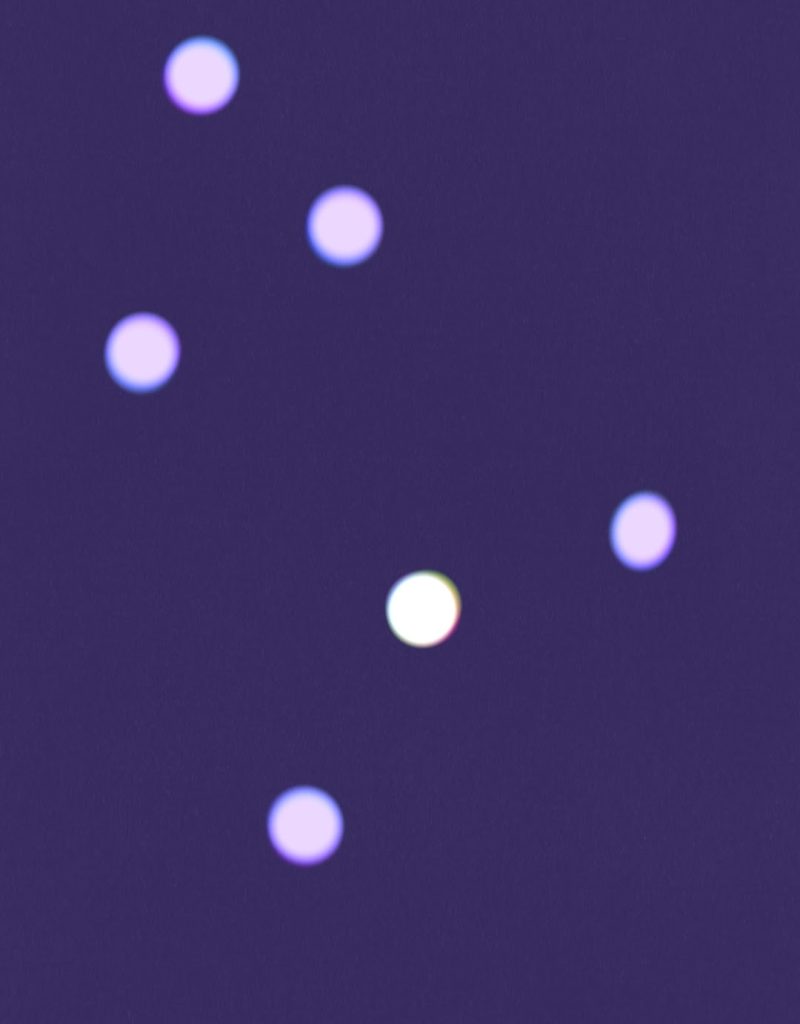You Can Relax Your Eyes Now: Listening to ‘What Brings You In’ on the City Bus

What parts of yourself are you hiding? What do you filter out? Is it safe to be heard?
Listen, I’ll be honest—things weren’t going too well for me last Friday. After forgetting my glasses, taking the bus to the wrong venue, and discovering that the lone ballpoint pen at the bottom of my purse had run dry, I almost gave up on seeing What Brings You In.
Luckily, the Kick & Push Festival has a knack for adapting to out-of-control circumstances, and, independent of my personal crisis, they had a digital version of the show on hand for audience members to join remotely. So, after crossing the street to catch the next bus home, I sent an SOS message to the team, crammed in my earbuds, and opened the link to bring myself in.
Through a series of intimate vignettes of her experiences with therapy, creator and performer Leslie Ting explores when and where our truest selves emerge. In What Brings You In, storytelling is interspersed with live instrumental music composed by Linda Catlin Smith, Rose Bolton, Julia Mermelstein, Germaine Liu, and Leslie Ting, performed by Ting on violin with Liu on percussion and sound design by Matt Smith. The show was presented simultaneously in person at the Baby Grand and online through a web app designed by EMMA Co-Op, where remote listeners eavesdropped in real time and participated in sound-based interactions using their cursors.
At the start of the show, each remote audience member is represented as a dot on the screen, and moving the dot creates small, ethereal sounds. Ting invites us to let listening be our main sense, wrapping the audience in a meditative blanket of sound accompanied by gentle visuals on screen. The audio effects shift over the course of the performance as the cursors begin to change shape and interact with one another, reflecting the concepts that Ting encounters in therapy.
The tone is pensive, and there’s a balance between humour, curiosity, and reflection as Ting describes her encounters with different therapeutic practices, including talk therapy, hypnotherapy, dreamwork, reiki, sandplay therapy, and somatics. Milestones in her mental health journey—career changes, the aftermath of the shooting of George Floyd, the death of a loved one—frame her returns to therapy, each bringing new approaches and insights. The musical interludes transform with her emotions—the violin reminiscent of a chatty inner monologue—and as she unravels hidden parts of herself, the music becomes more dissonant, more chaotic.
Is a musician allowed to make harsh sounds? Is a critic allowed to have a traumatic week and forget the basics of theatre-going, like showing up at the right place? Where is there space to come undone? As my phone overheated in my hand and my stomach lurched with the movement of the bus, I thought about the insufficient containers we have for honesty in this world. There are always a thousand things to hide and filter and fix and balance and pretend away—even, or maybe especially, for artists and writers, who are supposedly in the practice of self-expression but always beholden to the unblinking stare of the public eye.
With immersive sound design and an almost hypnotic energy, What Brings You In makes for an intriguing listening experience. It was strange to delve into such a personal and emotional piece of theatre while sitting on a bus full of people who were going about business as usual. In a way, though, it felt more private listening on public transit than if I had been in a theatre surrounded by people who knew what I was listening to. My experience of Ting’s performance was between me, my earbuds, and the little dots on the screen—at least until I had to stop hiding and write about it.
‘What Brings You In’ was produced by Leslie Ting Productions and presented by the Kingston Theatre Alliance at the Kick & Push Festival on August 16 and 17, 2024. The show’s soundtrack can be found here.